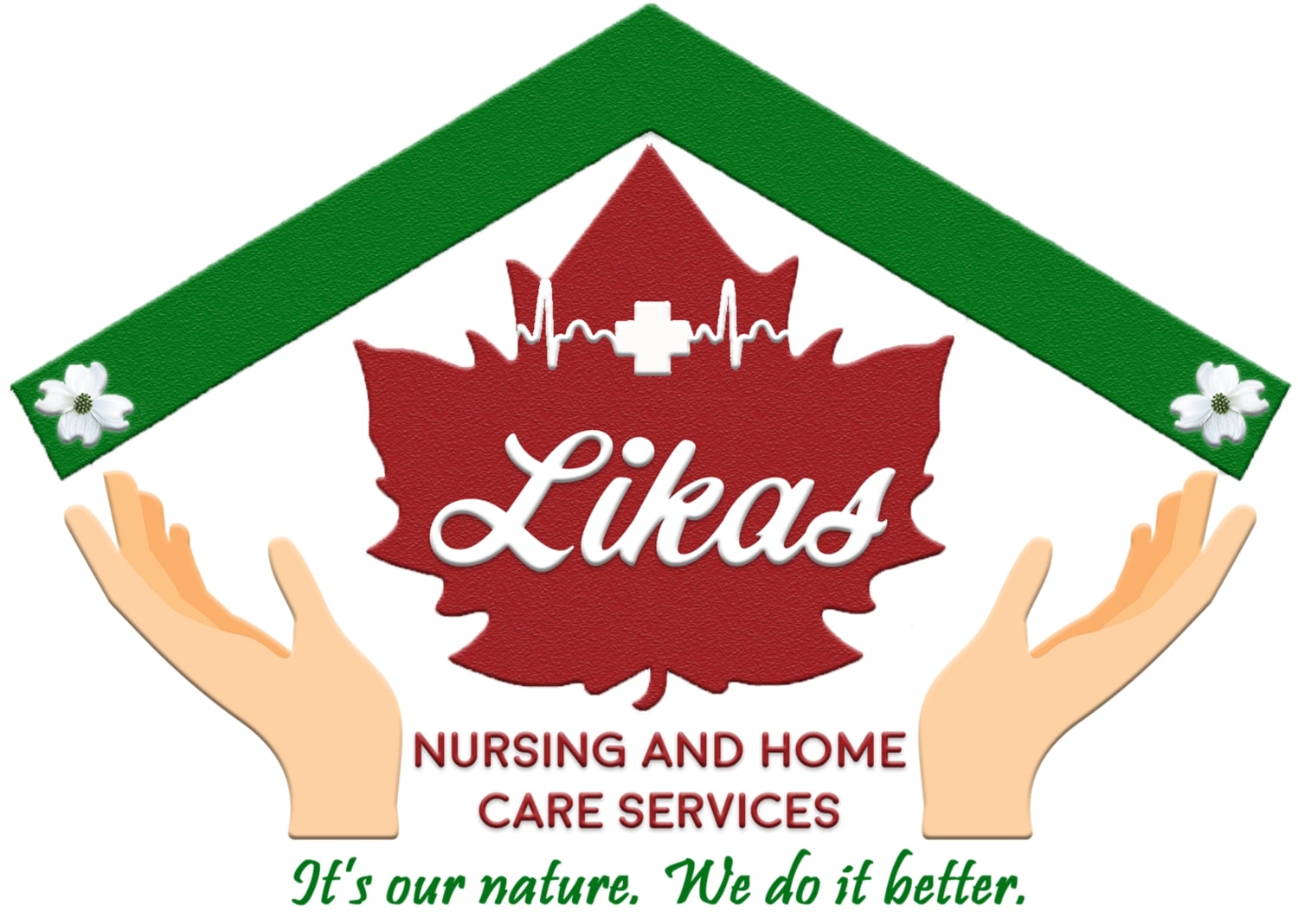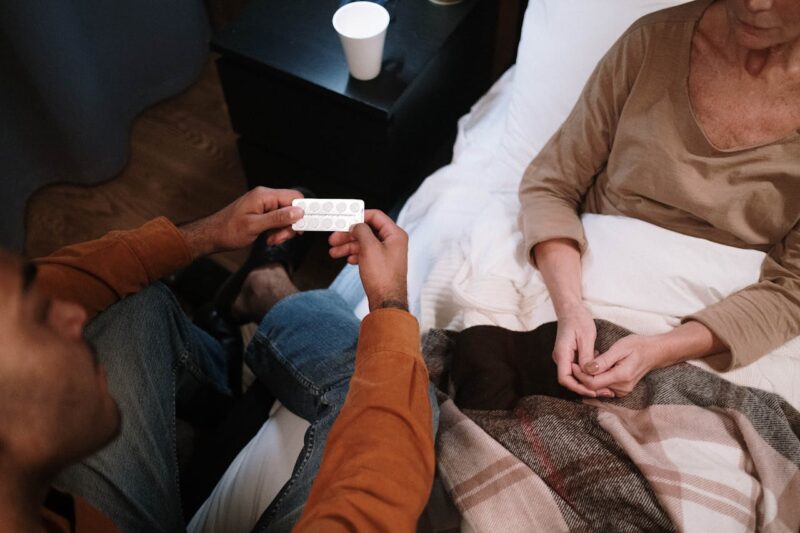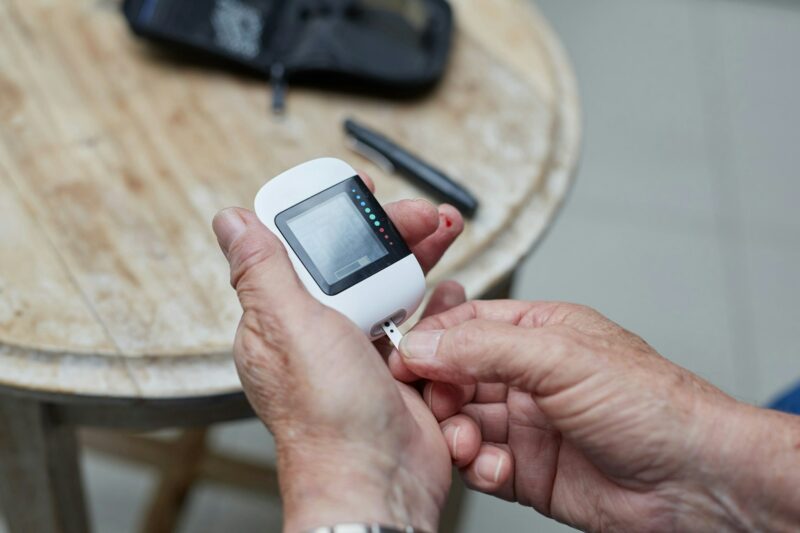
The skin is considered the largest organ in our body and is our first line of defense against microbes and environmental toxins. As such, stress and disease can manifest itself in different ways on our skin. How our skin looks is also one of the first physical attributes that are noticed by people around us, and it is no surprise that there are many products on the market that claim to help achieve unblemished, younger-looking skin.
Skin aging can be described by the appearance of wrinkles, age spots, dryness, loss of skin tone and elasticity (sagging), and discoloration. Hair is also affected by hair loss and graying.
Factors that affect premature skin aging
We all age and expect skin changes with the years, but these can be accelerated by environmental and lifestyle factors.
Light exposure, especially to sunlight, is the most important contributing reason. Ultraviolet (UV) light damages skin cells and may even cause skin cancer. High-energy visible (blue) light and infrared light, through electronic devices and felt as heat, respectively, can also impact the skin by altering skin elasticity.
Lifestyle factors, such as smoking, alcohol use, an unhealthy diet, poor sleep, and stress, can break down or prevent the production of proteins, such as collagen, elastin, and hyaluronan. If these sound familiar, it’s because skin products on the market claim to contain these ingredients or induce their synthesis in the body. These proteins are important for maintaining skin youthfulness and elasticity.
Tips to have healthy skin through the years
1. Keep your skin protected from the sun. This includes using high SPF sunscreens, keeping indoors during hours of peak UV transmission, and wearing coverings to shield your hair and skin from the sun.
2. Keep your skin moisturized. Moisturized skin tends to look plumper and, should it be injured, heal faster. To keep skin moisturized, ensure that you use gentle fragrance-free products and that, when washing, keep your bath or shower short. Do not use hot water, which can strip essential oils from your skin, and apply moisturizer while your skin is still damp. Depending on severity, ointments are preferred for areas that are more dry. For the elderly on for those who are prone to accidents or to lose their balance, bath oils are not advisable.
Make sure to also keep air humidity in your home between 45-60% and to wear gloves when working with your hands to prevent skin irritation.
3. Consult a dermatologist to see what active ingredients may be helpful to you to achieve your goals. For example, acne may benefit from salicylic acid, and retinol or retinoid products may help keep your skin youthful. Sure, there are products over the counter that claim to have these actives but, most of the time, the concentration is too low to have any effect. Also, there are just so many ingredients! Vitamin C, peptides, lactic acid, glycolic acid, caffeine…? How are you to choose?
A dermatologist will be more knowledgeable in determining what your skin needs and what products to recommend. They can take into consideration skin sensitivities, allergies, and budget! In addition, should you find yourself preferring professional services, such as microneedling and dermal fillers – well, you can simply have a chat with the expert!
4. Do a regular overall skin exam. Should you find any worrisome new or changing lesions, pick up the phone and schedule an appointment with your doctor. Early diagnosis and management is key, especially in instances of catching skin cancer.
5. Make healthier lifestyle choices. This includes choosing not to smoke, not to drink alcohol, and opting for less sugar in your diet. Healthy fats that have omega-3 may also be beneficial for your skin.
Takeaway
Your future self will thank you for taking care of your skin. No matter how old you are, it is not too late to start today. Even if you are comfortable in your own skin, it’s always a plus to have it look good, isn’t it?



